Intensive Farming The Farmers Used
Thus profit margin increases for the farmer. Though the land used in intensive farming is small the use of manpower and machinery is high.

Ecological Impact Of Farming Umweltbundesamt
The cost of labor also gets reduced due to the involvement of machinery.

Intensive farming the farmers used. Effects of intensive farming on land use Habitat destruction and degradation The earth loses about 187 million acres of forests per year and the agricultural industrys demand for more land is a key driver. Intensive farming is an agricultural system while extensive farming is an agrarian technique. In contrast Extensive Farming is one in which more and more land is brought under cultivation to increase the output produced.
Intensive farming also intensive agriculture is the practice where a lot of labor and capital is employed to maximize agricultural produce or yields. Intensive Farming is a farming method that uses higher inputs and advanced agricultural techniques to increase the overall yield. Extensive farming refers to systems that use relatively small amounts of inputs such as human labor machinery such as tractors and investment.
Exploitation of fresh water reserves salinization of irrigated areas destruction of biodiversity through large-scale monocrops destruction of the rain forests in order to get at more fertile soils and multiplication of these effects by means of genetically modified plants. It is characterized with the intensive use of pesticides fertilizer and other production inputs for crops and medication as well as. However intensive farming causes considerable chances in the biology of the land mass as well as water bodies.
The inputs are usually in the form of chemicals fertilisers pesticides and growth regulators. Intensive farming involves the use of various kinds of chemical fertilizers pesticides and insecticides. Intensive farming is concerned above all with productivity and uses a high level of inputs and energy to achieve it.
Apart from this it is also associated with farms that keep livestock above their holding capacity which in turn leads to pollution various diseases and infections brought about by overcrowding and poor hygiene. It contains information on the five companies controlling nearly all poultry meat. Fewer inputs are needed to produce yields since extensive agriculture tends to make use of naturally-occurring resources such as fertile soil.
Use of pesticides tends to kill other useful plants and beneficial insects. A major Bureau investigation has revealed the changing face of British farming. Intensive farming involves the use of various kinds of chemical fertilizers pesticides and insecticides.
Intensive farming is an agricultural intensification and mechanization system that aims to maximize yields from available land through various means such as heavy use of pesticides and chemical fertilizers. If costs of labour and capital outlays for machinery and chemicals and costs of storage where desired or needed and transportation to market are too high then farmers. The spread of intensive farming is threatening to jeopardise the worlds chances of meeting the terms of the Paris agreement on the climate crisis as the increasing use.
Farmers growing arable crops often specialise in growing only one crop to. On the level of theory the increased productivity of intensive agriculture enables the farmer to use a relatively smaller land area that is located close to market where land values are high relative to labour and capital and this is true in many parts of the world. The number of intensive farms in the UK has risen by a quarter since 2011 with many so big they fit the definition of a US mega-farm.
Intensive farming uses machines fertilisers man-power and high-yield crops to maximise the amount of food produced. Below you can find all the data we obtained analysed per country county and type of livestock. Direct energy consumption is seen in the high levels of mechanisation.
Apart from this it is also associated with farms that keep livestock above their holding capacity which in turn leads to pollution various diseases and infections brought about by overcrowding and poor hygiene. These chemical fertilizers and pesticides pollute the soil as well as water sources causing harmful effects on animals plants as well as humans. About 80 of the worlds plants and animals live in.
As the chemical.
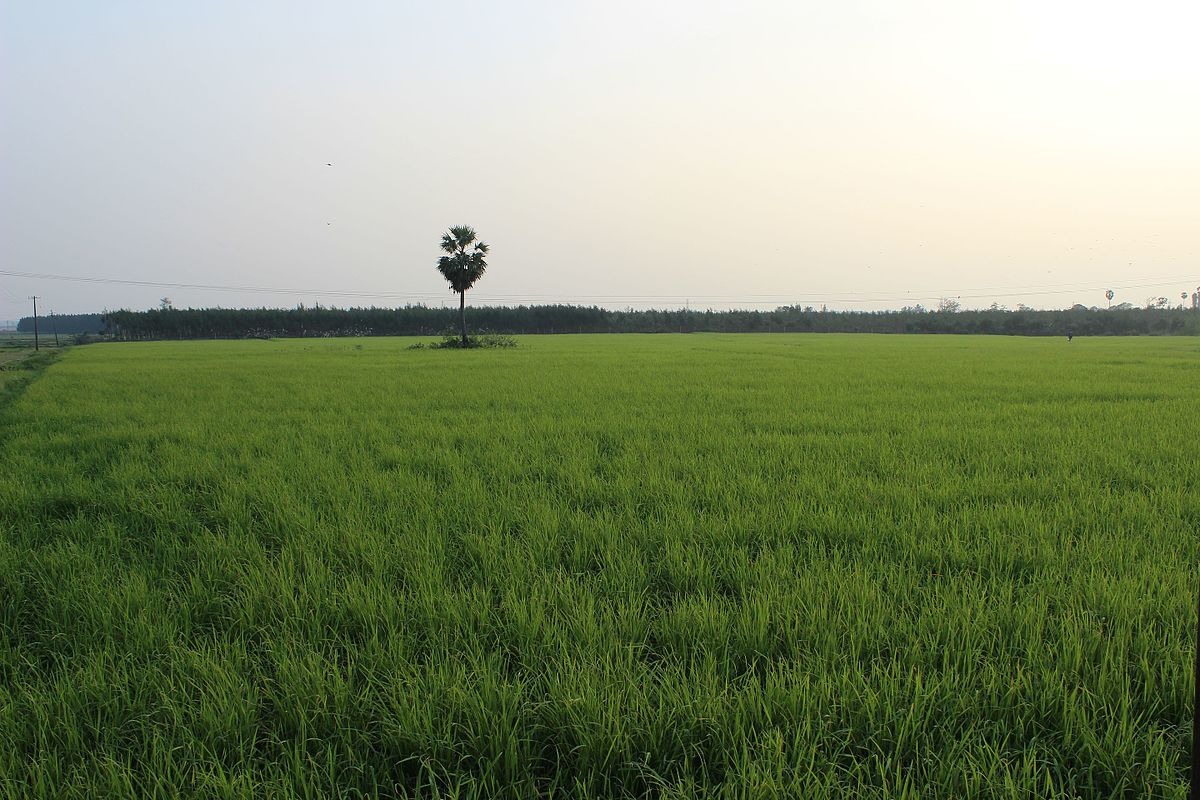
Farming Systems In India Wikipedia

Advantages And Disadvantages Of Intensive Farming
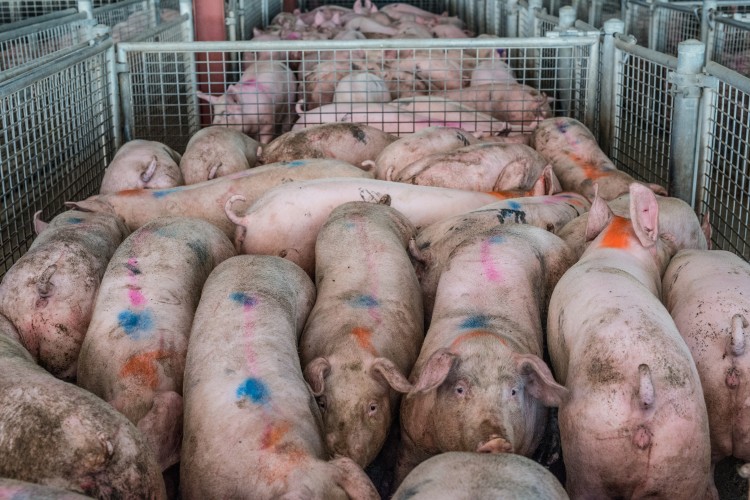
Intensive Agriculture Impact On Humans Animals And The Planet

Difference Between Intensive And Extensive Farming Farming Base
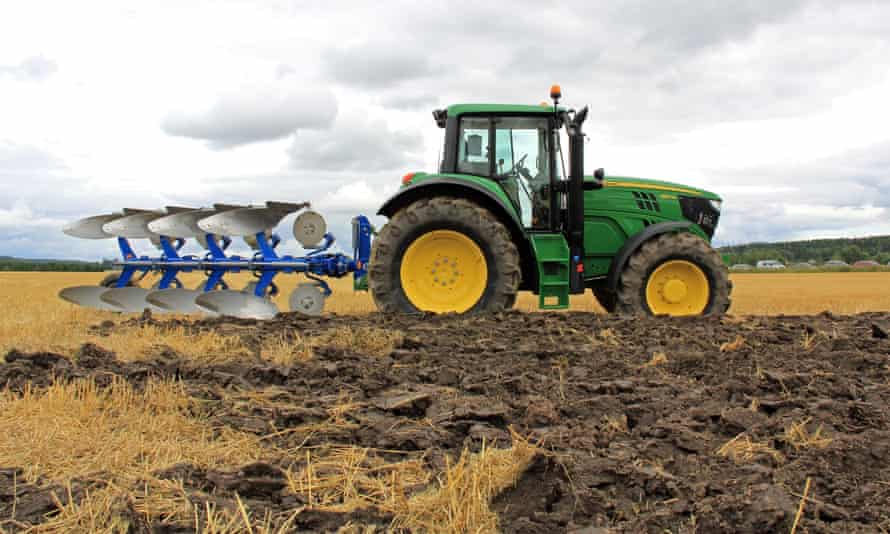
1 Of Farms Operate 70 Of World S Farmland Farming The Guardian

Introduction To Agriculture Subsistence Commercial Farming Examples
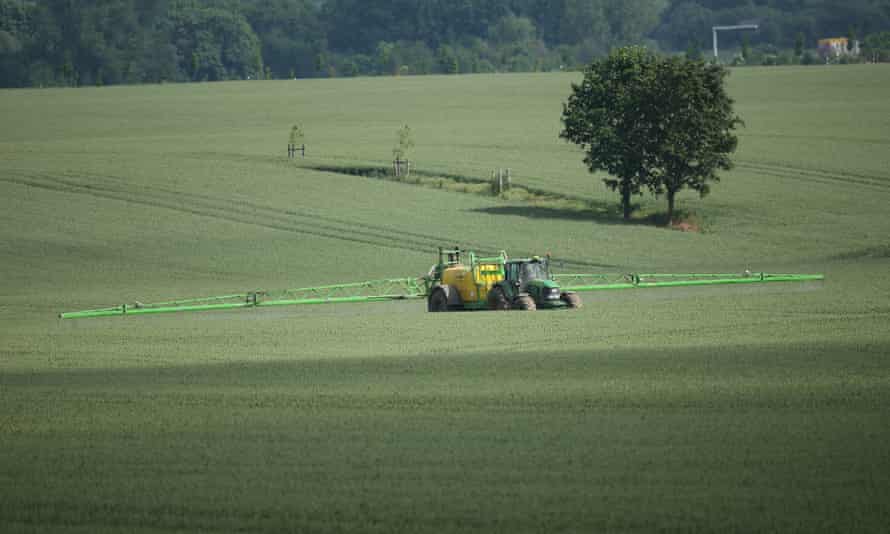
Europe Must Act On Intensive Farming To Save Wildlife Scientists Say Food The Guardian

Sustainability Advantage High Yield Intensive Agriculture Outpaces Organic Farming Large Study Shows Genetic Literacy Project
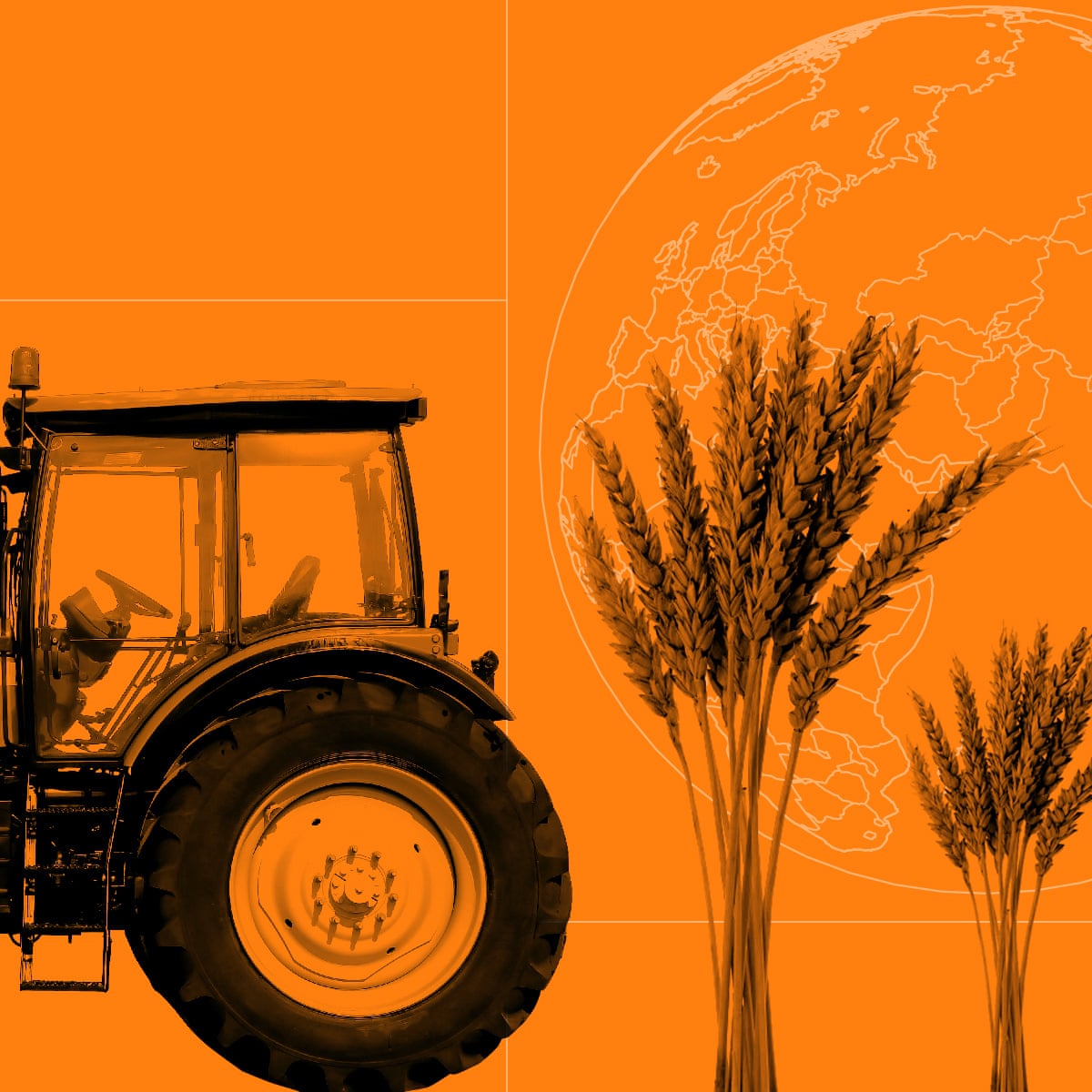
Can We Ditch Intensive Farming And Still Feed The World Farming The Guardian
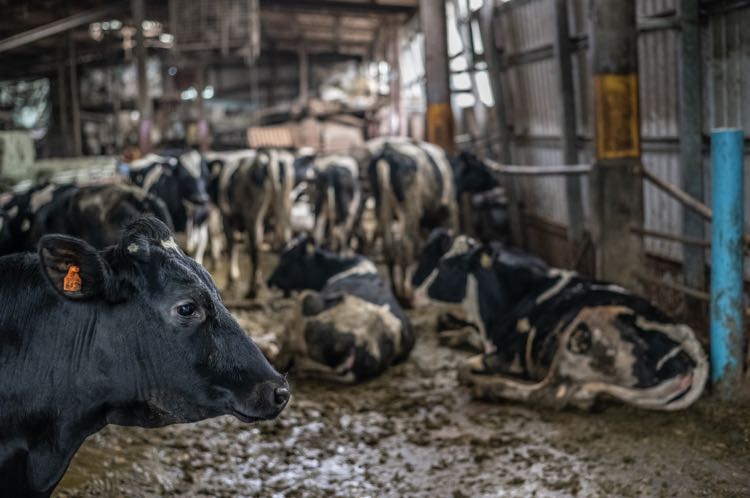
Intensive Agriculture Impact On Humans Animals And The Planet

Industrial Agriculture How Intensive Farming Affects Our Lives
Intensive Agriculture Cultural Anthropology

Corporate Farming Services Megad Agriculture Agriculture Business Pesticides

Intensive Agriculture Impact On Humans Animals And The Planet
Can We Ditch Intensive Farming And Still Feed The Human Race Global Soil Partnership Food And Agriculture Organization Of The United Nations

The Pros And Cons Of Intensive Farming

Advantages And Disadvantages Of Intensive Farming

How To Find Farm Work In Australia Plantgrowpick Agriculture Agriculture Business Pesticides

Advantages And Disadvantages Of Intensive Farming Sustainable Food Systems Agriculture Pesticides
Post a Comment for "Intensive Farming The Farmers Used"